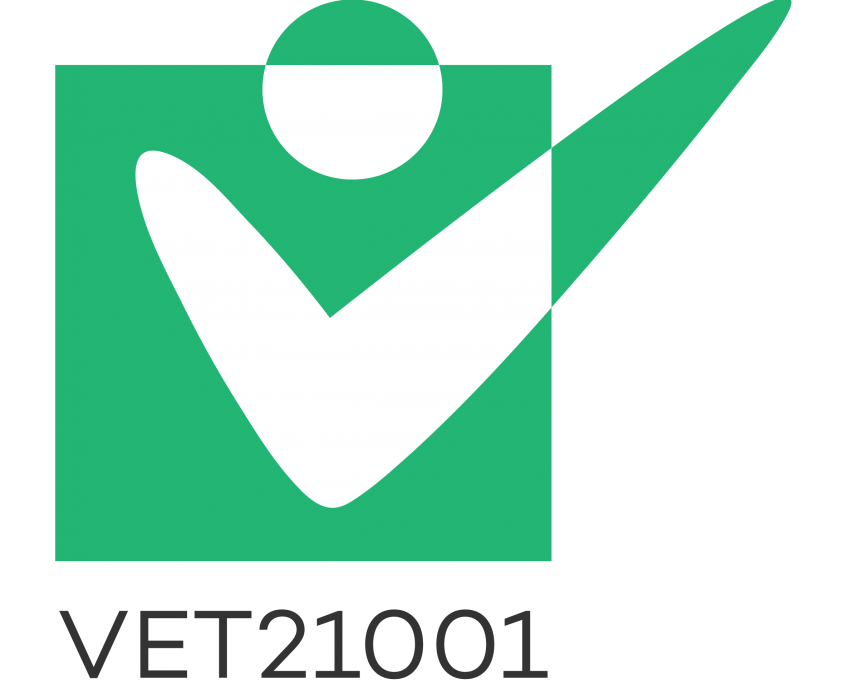ISO 21001-EQAVET Lead Auditor – CURRICULUM RECOMMENDATIONS
An ISO 21001-EQAVET System Manager is a professional qualified to implement a management system (based on the criteria contained in EQAVET and in ISO 21001) in educational organizations, manage its processes and continuously improve them.
RECOMMENDED PEDAGOGIC MATERIALS (READ-WATCH) & LEARNING ACTIVITIES (DO)
READ
WATCH
DO
European Parliament and Council (2020). ANNEX II – The EQAVET Framework. In Council Recommendation of 24 November 2020 on vocational education and training (VET) for sustainable competitiveness, social fairness and resilience 2020/C 417/01. Available at: https://eur-lex.europa.eu/legal-content/EN/TXT/?uri=CELEX:32020H1202(01)
ISO/PC 288/WG 1 (2018). ISO 21001 Educational organizations — Management systems for educational organizations — Requirements with guidance for use. Available at: https://www.iso.org/standard/66266.html
ISO/TMBG (2018). ISO 19011:2018 Guidelines for auditing management systems. Available at: https://www.iso.org/standard/70017.html
VET21001 Consortium (2022). Cluster “Analyses & Evaluation”. In VET21001 Toolkit. Available at: https://vet21001.eu/vet21001-toolkit/
IRM Systems Internal Audit Series
https://www.youtube.com/playlist?list=PL6AqE7T_Im_0Oxu9HyEO3MAb5NEoZDeSj
ATOL.TV Internal Audits Series
https://www.youtube.com/playlist?list=PLixALmch2V_G1FdnTj7VA9Uhq5smXcVHr
ATOL.TV Lead Auditor Series
https://www.youtube.com/playlist?list=PLixALmch2V_EV2j8JacdVOoinhTbpbhrX
After having completed the suggested readings and watchings, the templates provided in cluster “Analyses & Evaluation” of the VET21001 Toolkit, can be used by learners to train, under the supervision of educators, how to plan, conduct and report an audit, including how to lead audit teams .
In courses with a longer duration, this can be done through performing a training audit in real context – e.g. in the educational organizations where the learners work (if employed in the sector) or in educational organizations that are partners to the organization delivering the course based on this curriculum and that, under that partnership, provide work-based learning experiences to the learners.
In courses with a shorter duration, this can be done through performing a simulated training audit using one or more mock case(s) provided by the educator, using role-play. Learners can work in groups and educators can distribute different audit criteria to each group to apply to the mock case, where, in turnds, learners assume the role of auditors and auditees. Besides simulation and role-play, educators can also use methods such as demonstration, autoscopy and debriefing to clarify any doubts and correct any behaviours, in order to consolidate the learning achieved.
To download a PDF version of this Curriculum, click here.





